IOS two-day International Conference on the “Contribution of Prof. M. Nejatullah Siddiqi in Islamic Economics”
IOS two-day International Conference on the “Contribution of Prof. M. Nejatullah Siddiqi in Islamic Economics”
New Delhi: A two-day online international conference on the “Contribution of Prof. M. Nejatullah Siddiqi in Islamic Economics” was organised by the Institute of Objective Studies (IOS) on April 27 and 28, 2024.
Inaugural Session
The inaugural began with the recitation of a verse from the Holy Qur’an by Maulana Adnan Ahmad Nadwi of the Arabic section, IOS. It was followed by the brief introduction of the topic by Dr. Kaleem Alam, faculty of Economics, King Abdulaziz University, Jeddah, KSA. He said the conference is under the series of conferences initiated by the IOS on personalities of national and international repute. But, Prof. Siddiqui’s personality fits into both national and international category. He held that he had known him for a long time. He met him few times since childhood. He had been his father’s teacher in the university. It was he who influenced his father, Dr. Mohammad Manzoor Alam to do Ph.D. Last time, he met him in Istanbul and introduced himself to Prof. Siddiqi. It was his first interaction with him. He was considered as one of the founders of the field of Islamic economics. He said that this conference will focus on contributions of Islamic scholars to Islamic economics. Prof. Siddiqi had written several books in Urdu and English, a few of them have been translated into different languages. He was a recipient of King Faisal International Award for Islamic Economics in 1982. He was one among the founders of the Institute of Objective Studies. He was also a recipient of the IOS Shah Waliullah Award of the Institute conferred on him in the year 2003.. He was associated with the IOS since its establishment in 1986. He inspired Islamic economists in the last five decades. He said this conference aims to establish or store the values of these scholars for future generations. It also aims to make them aware of the importance of their contribution to the field as far as Prof. Nejatullah Siddiqi and Islamic economics is concerned.
Dr. Kaleem observed that Prof. M. Nejatullah Siddiqui theorized convincingly perhaps for the first time in mid-1960s that equity laws of banking and investment banking without interest was possible. He also argued as to how Islamic economic philosophy and theory and history could be studied in the context of present days’ scenario of global economy.
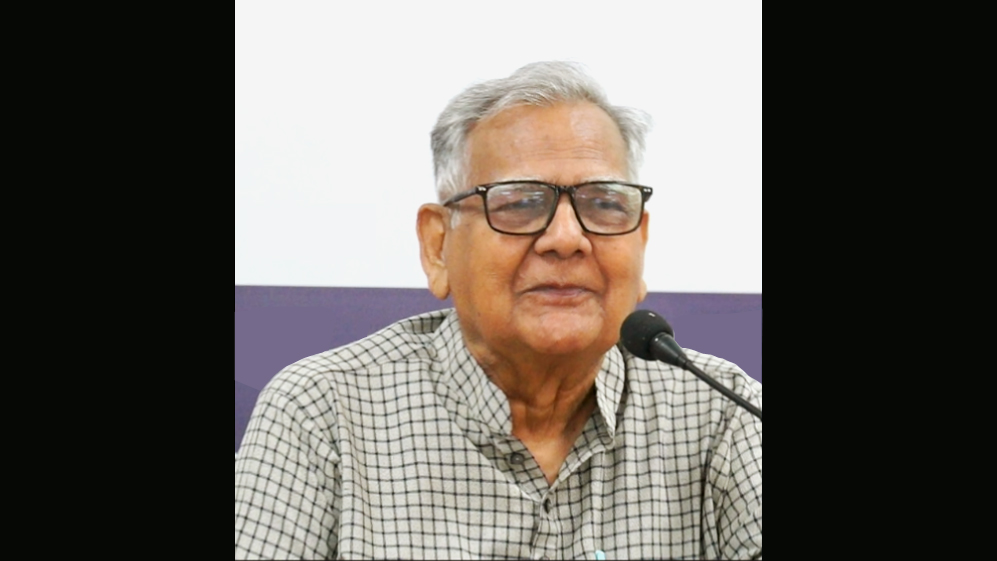
In his welcome address, patron of the Institute, Prof. Z.M. Khan said Prof. Nejatullah Siddiqui is a big name, not because of any association, but because of his ideas, work, labour and his relevance. During the time when Prof. Siddiqi started speaking about Islamic economics, those were difficult times. The task was difficult. He noted that this conference should go a long way in terms of propagating the very idea of Islamic economics and the contribution of many people who had been working very hard on these themes. The IOS may claim to have got a very active and direct concern and contact with Prof. Siddiqui. He was very kind to the Institute and used to visit IOS when in Delhi. Founding Chairman, and chief patron of the Institute, Dr. M. Manzoor Alam had got a very active and affectionate relationship with Prof. Siddiqi. And in return, Prof. Siddiqi also reciprocated the same sentiments to him and the Institute. He said we are obliged and will remain obliged to Prof. Siddiqi for his kindness and his concerns. Referring to the IOS, he said that it had completed nearly four decades of its existence working on various themes, carrying out research on ideologies and problems relevant to national and international concerns, like Indian polity, society, economy, religion and culture. IOS is concentrating basically on the problems and issues related to the marginalized sections of Indian society. And as Muslims fall in the category of marginalized sections, so naturally they occupy a very important place in our concerns, he said.
Prof. Khan observed that the importance and relevance of revealed knowledge was also a big area and a big concern that provided a background to understand all situations and concerns. Another important area that the institute was concentrating upon was to connect itself with national and international agencies. And that was being done through various methods–collaborations, signing MoUs, and through participating with them in various programmes. And according to the mutual concerns, mutual understandings and mutual agreement, IOS carried forward these programmes. Apart from that, IOS has got very specialised committees that consider various problems relating to their specific areas and the said committee advise us as to how to go about. We have also got various other committees which have their specified role in dealing with the problems assigned to them. Besides, we have got chapters also. There are five chapters in the whole of India. And these chapters are basically catering to the local needs of areas because the general problems, for instance, Maqasid-e-Shariah cannot be translated into action in every situation and every area.
Prof. Khan said that though the regional people had got their regional specified problems which should be really looked into from different angles. If it came to listing the areas of operation of the IOS, the first title came to mind was research. The Institute took up research in a much bigger way. There were various methods of inviting people to associate with the Institute in terms of conducting research. For instance, a committee was in place to decide certain specific themes that should be taken up for research. The same committee tried to find out experts. And the experts are requested and are supposed to call them to the headquarters for discussion and then the assignment is given to them. He held that another part was that anybody who is considered for any programme or anything relevant to the research area, he/she should submit a research proposal to IOS giving a small budget. According to our capacity, we try to provide a little assistance also in terms of giving them financial grant, he said. This research is not confined to one kind of research. We have got conceptual research, empirical research and action research. He said that the major area of our concern is research. And the second major area that we engage ourselves into, is organizing conferences and appropriate conferences on national and international scale.
Prof. Khan added that the big area which the IOS catered to was the standard of organization, standard of logistics and the standard of academic excellence. He said besides that, we have publications. Publications is a huge area with us. We have got our publication system also. Survey reports is another area. The other area in which we deal, is translation. Translation is a big area and we are dealing with Arabic, Urdu, Hindi, English and so on. We have a big plan to start a translation bureau concentrating on Indian languages. Indian regional languages occupy our attention to a large extent. In terms of regular publications, we have got bi-annual journals Religion and Law Review, Journal of Objective Studies, Mutaleaat, and the IOS Newsletters in Urdu and English. We also have a data bank which is very useful in terms of providing data, especially concerning marginalized sections. This data has been used by various committees appointed by the government of India. This data has been referred to and utilized by many other people who are working on the subject. He observed that the IOS was working to achieve the objectives and he invited all to associate themselves with concerns and the activities of the Institute.
Inaugurating the conference, a renowned Islamic scholar from Kuwait, Prof. Mohammad Anas Al Zarka, whose speech was read out by Shaikh Nizamuddin, a member of the General Assembly of the IOS, said that in the year 2014, Prof. Siddiqui asked him to look after an Arabic translation of his book in Urdu Maqasid-e-Shariat (Objectives of the Shariah). This gave him a chance to go deeply into one of the Siddiqi’s enduring contributions to both Islamic fiqh and the Islamic Economics. Based on this, he summarized some of the views of Prof. Nejatullah Siddiqi on Maqasid:
1. It is not possible to solve today’s problems using only micro fiqh (qiyas/analogy) based on texts, and on earlier fatawas of great scholars/imams. We have to also depend heavily on Maqasid.
2. This reliance on Maqasid has been practiced by great jurists in the past. Prof. Siddiqi’s book on Maqasid is full of detailed examples on this, past and present.
3. Maqasid are not confined to the famous five—i.e., protection of Al-din, protection of Al-nafs, protection of Al’ird, protection of Al-aql, and protection of Al-maal, but are subject to ijtihad to expand them, solidly based on the principles of the Qur’an and Sunnah of Prophet Muhammad (PBUH).
4. The duty of considering Maqasid in deriving Islamic solutions for the present-day problems should not be confined to Shariah scholars. It is also the duty of relevant professionals, in formulating solutions in the light of Maqasid, the Qur’an and Sunnah.
Prof. Zarka pointed out that the current practice to elicit participation of professionals in finding solutions, was to invite them as advisors to Fiqh academicians and as non-voting experts in the Shariah supervisory committees. Prof. Siddiqi did not explicitly discuss this current practice. But his book clearly implied that this advisory role was not enough; and professionals should be voting members along with Shariah scholars. He said that deriving solutions could not be based on Maqasid alone; it also required much knowledge of Shariah and reality. What Siddiqi asserted was that knowledge of Shariah rules alone without considering Maqasid could not produce solutions for today’s problems, he added.
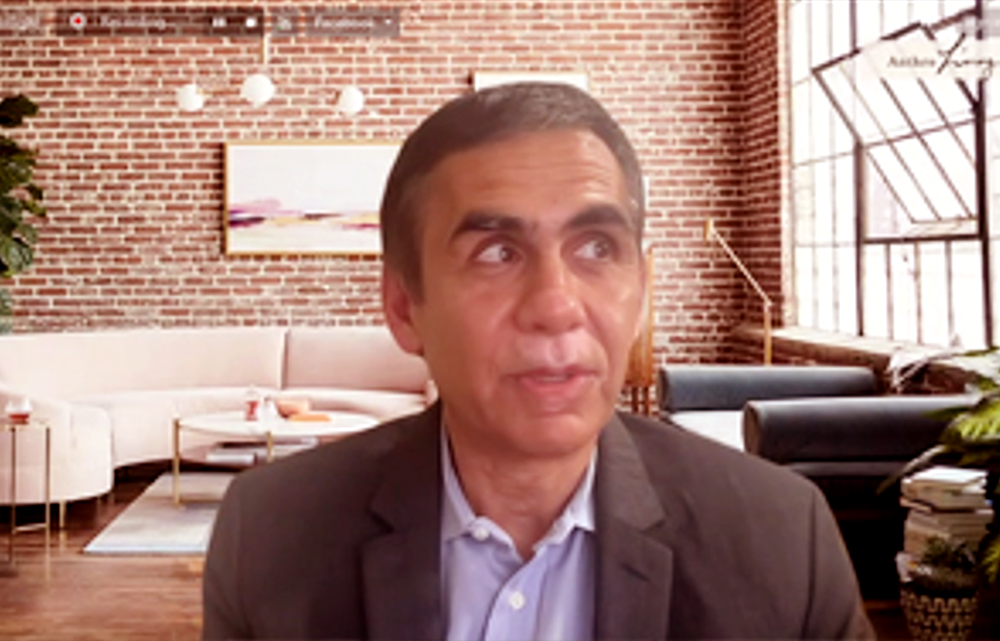
Presenting the profile of Prof. Nejatullah Siddiqi, his son Arshad Siddiqi, said that his family belonged to Mubarakpur, Azamgarh in UP. His forefathers were Hakims and were Qazizs. His father was associated with Jamaat-e-Islami. He was much influenced from Maulana Syed Abul Aala Maududi and his commentary on the Qur’an. He noted that Aligarh Muslim University was the best choice for him for higher studies. While in Aligarh, he used to go for a walk early in the morning. He also used to attend staff club. He said that he was fortunate to travel with his father in India from Kashmir to Kerala. He enjoyed travelling and visited several foreign countries. Prof. Siddiqi was very fond of acquiring books and his writings were done normally after dinner, he pointed out.
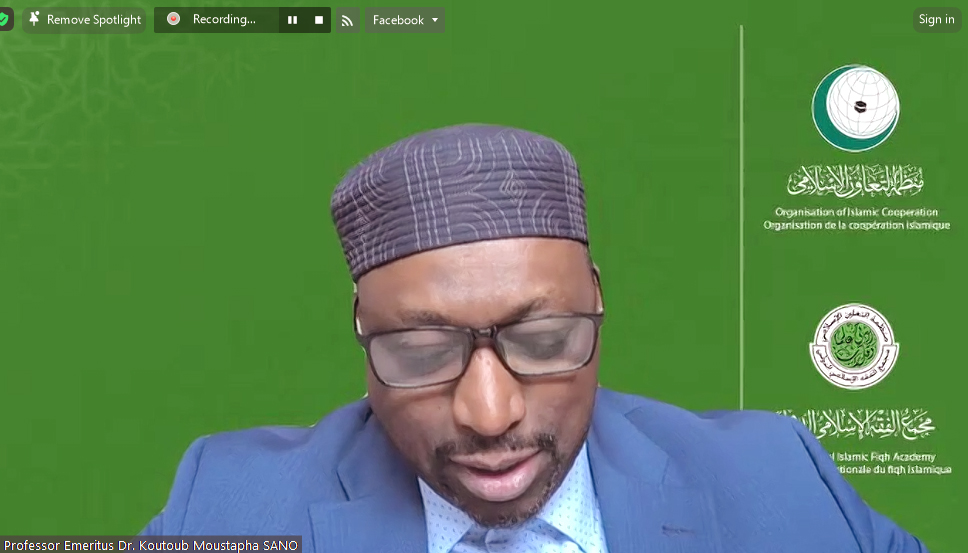
Speaking as a guest of honour, Secretary general of International Islamic Fiqh Academy, Jeddah, H.E. Prof. Emeritus Dato Dr. Koutoub Moustapha Sano, observed that his contact with Prof. Nejatullah Siddiqi was through books. His books on Islamic economics, particularly on interest-free banking, impressed him. His contribution to Islamic economics still remained relevant. His philosophy of Islamic economics and its maqasid were more relevant today. He differentiated between the conventional economics and Islamic economics. He said that inequality was widening under conventional economics and Islamic moral economy could solve this problem. Sense of moral economy and sense of duty were important in creating equity. This economy was more human because of ethics and morality in investment. He said that Prof. Nejatullah Siddiqi touched upon all aspects of economics. Banking without interest was challenging and there was a need to take up the objectives of Shariah. Capitalism and socialism failed to solve the problems facing today’s economy. But Islamic economics was very different from conventional economics and the answer with latter lay in the former, he noted.
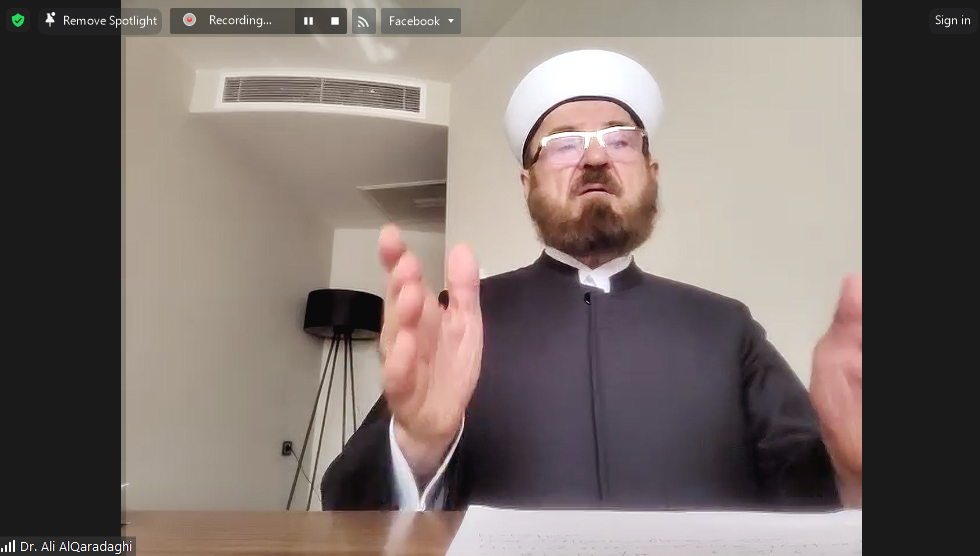
Dr. Ali Muhieddin al-Qaradaghi, president, International Union of Muslim Scholars, Qatar, was the next speaker as guest of honour who explained the objectives of Shariah and the contribution of Prof. Nejatullah Siddiqi to Islamic economics.
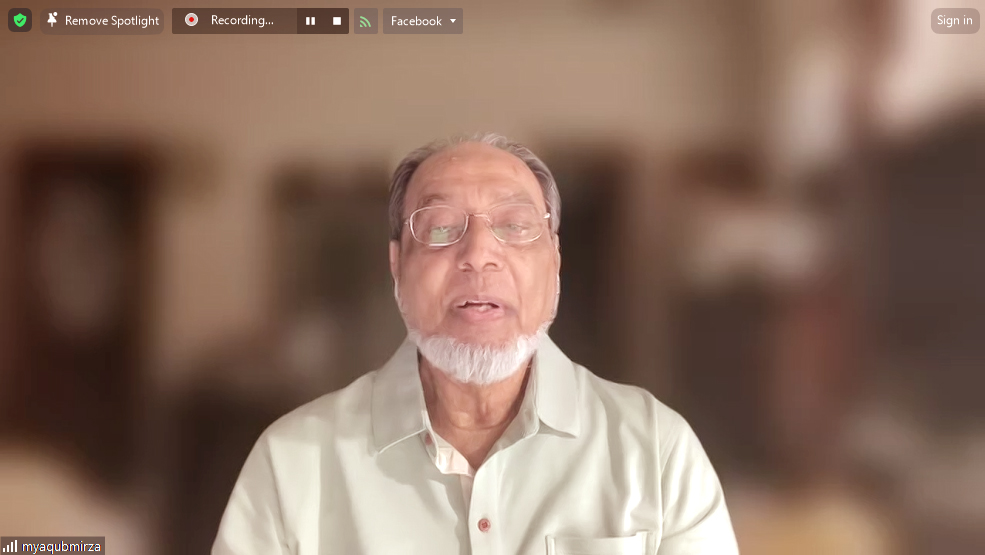
Dr. M. Yaqub Mirza, president & trustee of Centre for Islam in the Contemporary World, Shenandoah University, USA, was another guest of honour who said that he met Prof. Nejatullah Siddiqi in the 1970s. He was one of the pioneers of Islamic economics and he made practical contribution to Islamic economics, finance and development. He tried to free Muslim ummah from capitalism, socialism and communism. He studied at Aligarh Muslim University and it was the then vice-chancellor of the university, Prof. A.M. Khusro who made him professor and chairman of the department of Islamic Studies in 1977-78. Later on, he moved on to the Kingdom of Saudi Arabia. He had inter-disciplinary approach to economics. He was recipient of the coveted Shah Faisal International Award for his contribution to Islamic Studies in 1987.
In his key note-address, the chief patron of the IOS, Dr. Mohammad Manzoor Alam whose speech was read out by Dr. Kaleem Alam, said that Prof. Siddiqi’s intellectual support at every crucial juncture regarding the plan and activities of the Institute of Objective Studies, especially towards focusing on the promotion of Islamic economics and finance, his guidance and directives to take initiative to the economic upliftment of Indian Muslims, and incorporating issues and agendas in the Institute’s activities were unforgettable. He held that in mid-1980s, it was almost unthinkable and an uphill task to arrange funds for establishing a think-tank for raising social, economic issues facing the Indian Muslims. The farsighted suggestions, opinions received in this exercise had now put the IOS getting co-operation from various research institutions from around the globe, he noted.
Dr. Alam observed that he was particularly impressed with Prof. Siddiqi’s rational approach to explain the concept of money, interest and profits, the debt and equity in Islamic banking and finance. His historical analysis of the Muslim economic thinking and the upliftment of Indian Muslims from the Islamic perspective provided a fresh understanding of this emerging discipline. His writings in Urdu and English, and their translations into several Asian languages covered diverse areas, he said.
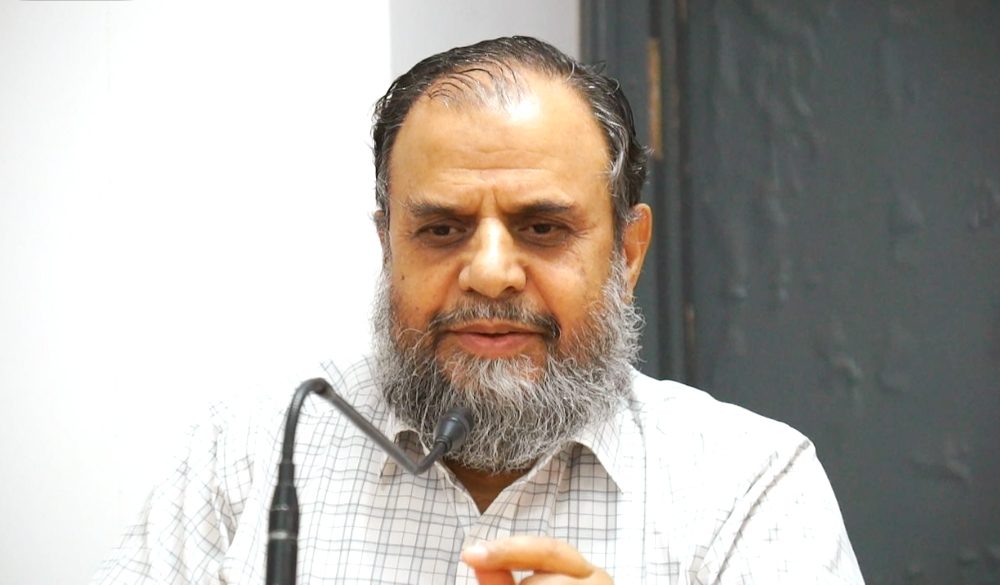
Presiding over the session, Chairman of the Institute, Prof. M. Afzal Wani, noted that at every stage, there was a need for such scholars who could jump the conventional kinds of approaches which were being adopted. There was a concept, might be it still prevailed in different parts of the world that was ‘bound in chains’. When somebody would commit an offence, then a heavy ball was to be put in his ankle so that he could not move. What it meant was that sometimes there was a self-improving punishment under which most of the academicians were going on. And that further meant that there was a straight jacket. He said that he was worried that there were about two million youths in the world today and they were recurring at training. They were the minds to take the world ahead for a better future. But what is the mechanism and what is the thought to nourish their talent and to give them better understanding and to acquaint them with realities so that we expect that a new world is in safe hands and humanity lives with dignity and honour which it deserves. If I take an extreme kind of expression to support me that there are many countries in the world which claim to be developed. But how much percentage of rape is taking place in those countries? How much hunger and starvation is existing in those countries? How much peacefulness and happiness is there and how food security and food safety is there? The question attains more importance, he said.
Prof. Wani argued that he was looking for the science of economics right from the days of Adam Smith, if not earlier, to this day. How it had contributed towards human dignity, compassion, peace and better life. All these needs a review—review with compassion and good understanding rather than finding a scholar that he had to follow a particular track and then ultimately ending up in the same trap; track to track and then what was the conclusion. That is how the institutions, like the Institute of Objective Studies, are resorting to objectivity. Come out of any kind of obsessions and have an examination which will be quite objective and object-oriented. That is basically what Maqasid is. So, from age to age, we have to examine any of the policies—social, economic, cultural, legal work. As regards technology, we have to examine them with respect to the human good objectively and keeping the objectivity in mind, he added.
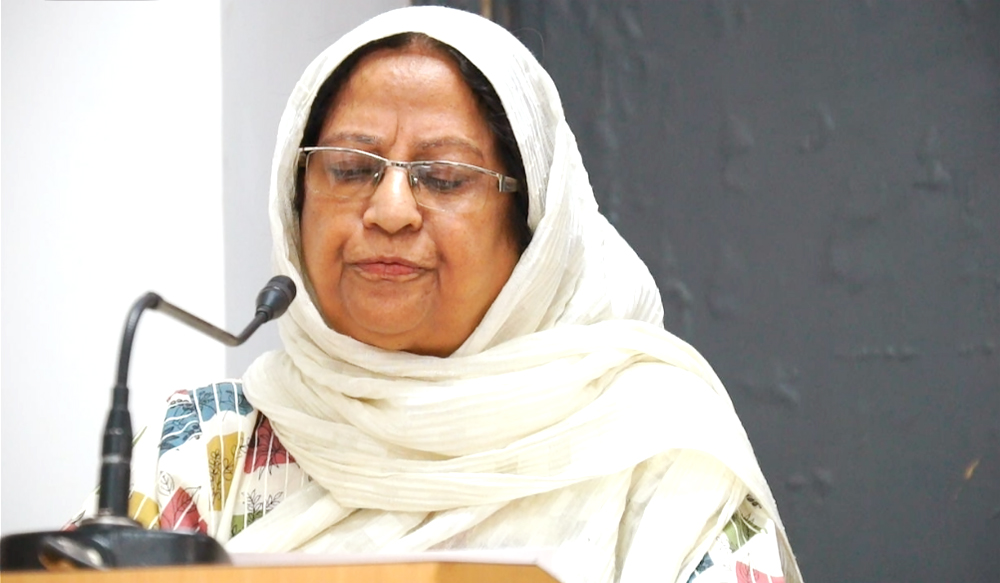
At the end of the session, vice-chairperson, IOS, Prof. (Ms.) Haseena Hashia presented a vote of thanks to the participants.
Business Session-I
This first business session focused on the theme “Prof. M. Nejatullah Siddiqi as an Islamic Economist, and Maqasid al-Shariah.” Prof. Abdul Azim Islahi, retired professor Islamic Economics Jeddah was in the Chair. The session was conducted by Shaikh Nizamuddin, member of the General Assembly of the IOS.
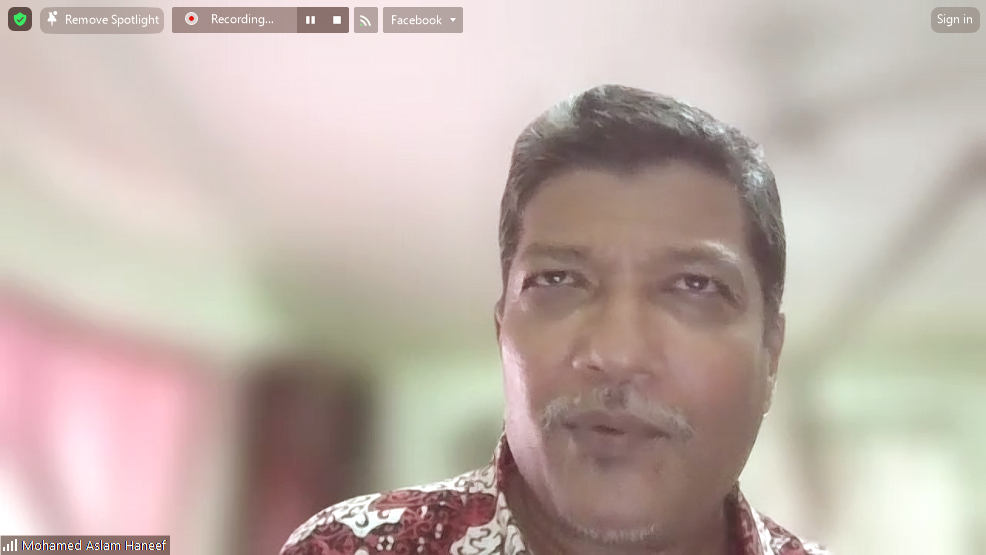
First speaker of the session was Prof. Dr. Mohamed Aslam Haneef, professor at department of economics and management science, IIUM, Malaysia, who said that he met Prof. Nejatullah Siddiqi in 1983 as a student. He described Prof. Siddiqi as one of the scholars of Islamic economics who wrote on the subject along with other scholars. He was one of his teachers of Islamic economics. He presented the perspective of Islamic economics. And the second phase of his writings centred on the development of Islamic economics. He prepared a curriculum and gave an insight into the development of Islamic economics. He observed that while dealing with Islamic economics, one should reflect reality. He asked not to expect moral orientation more than what was necessary. He also asked not to start a war with the West on the question of Western economics. He called for having courage to develop new knowledge. He said that there was a need to understand Qur’an and develop new knowledge.
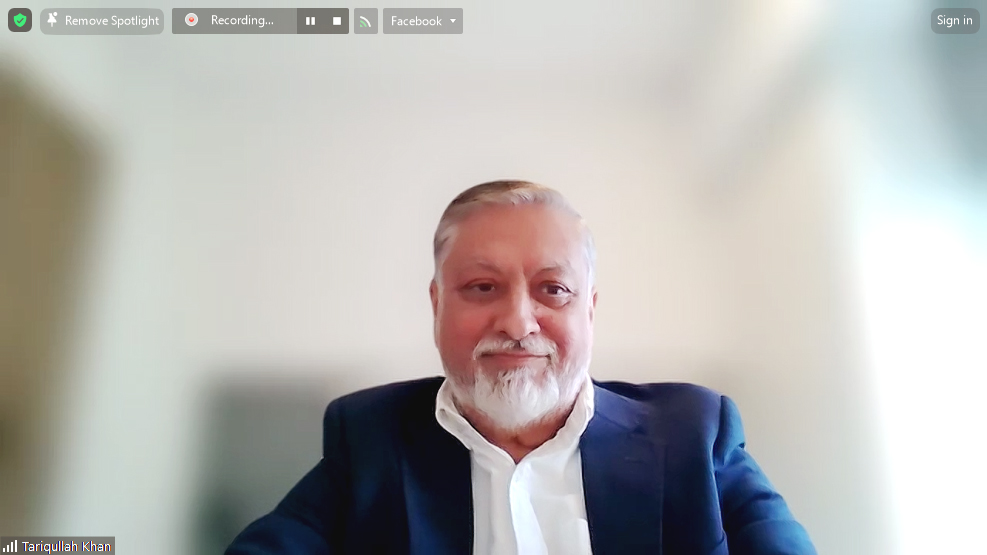
The second speaker was Dr. Tariqullah Khan, from the International Centre for Education in Islamic Finance (INCEIF) University, Kuala Lumpur, Malaysia. He spoke on revising Islamic economics in memory of M. Nejatullah Siddiqi. He held that Prof. Siddiqi organised the ideas of profit sharing. He developed hierarchical framework of methodology with purpose, vision and mission. This was future-fit methodology of Ijtihad. He said that Islamic economics had given too much importance to markets and ignored the primary institution of the family. In future, family rather than the market should be the focus as primary institution, he noted.
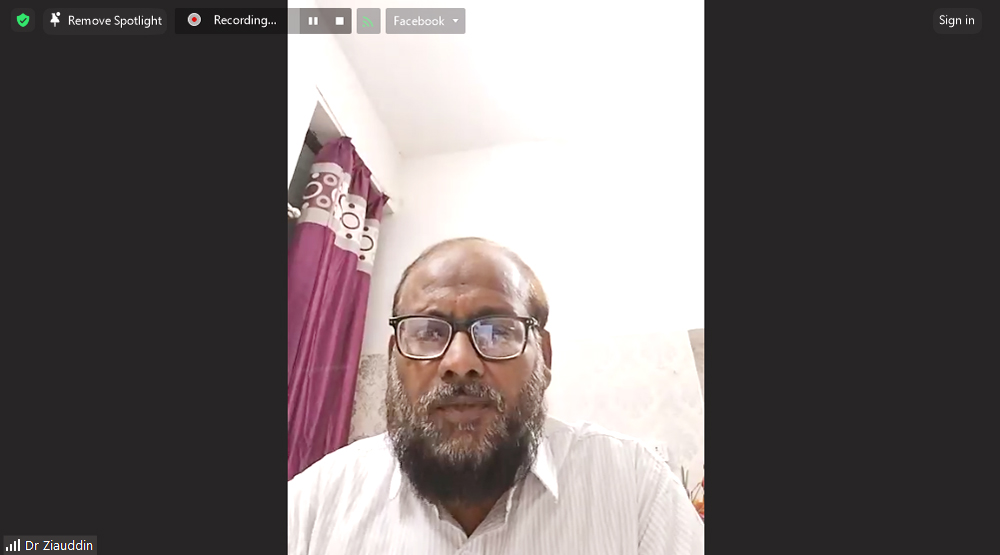
The third speaker was Prof. Ziauddin Malik, professor at the department of Islamic Studies, Aligarh Muslim University, Aligarh, who focused on Maqasid al-Shariah in the writings of Prof. M. Nejatullah Siddiqi. He said that Prof. Siddiqi had invited scholars to discuss with them his ideas. He received criticism with cool mind. Basically, he was an independent thinker. Though ideas on Maqasid al-Shariah were not new, yet he created independent ideas. He disqualified some of the ideas of the Ulema. He evaluated the contemporary enterprise in the perspective of Maqasid al-Shariah. He comprehensively discussed ten points to understand Maqasid-al-Shariah with intellectuals.
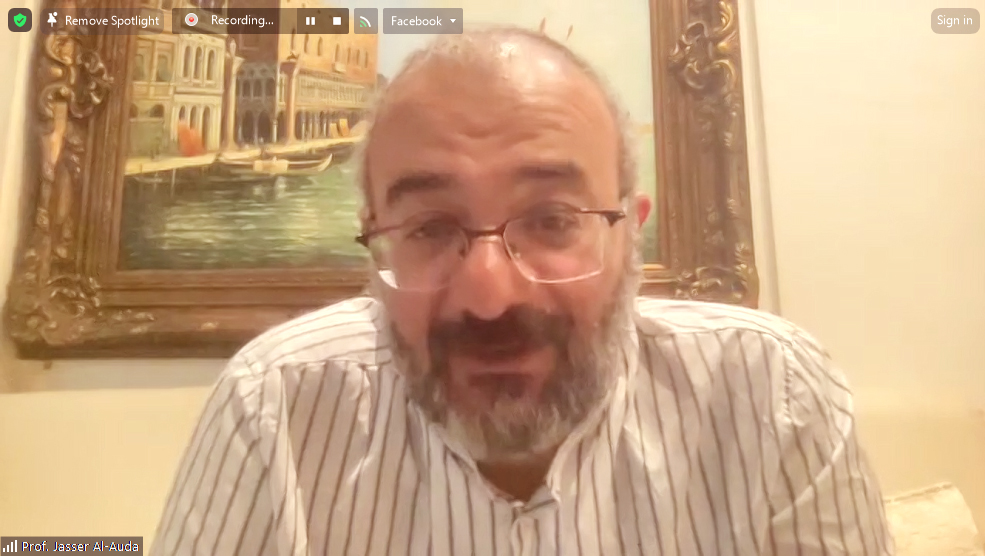
The fourth speaker of the session was Prof. Dr. Jasser al-Auda, president, Maqasid Institute, Malaysia. He said that Prof. Siddiqi was a man of caliber. His work was devoted to Hikmah and the purpose of Maqasid-al-Shariah. His project opened the door to the basic fundamentals of economics. He was aware of the difficult position for Ummah. His approach to Maqasid-al-Shariah was in the context of the Indian sub-continent.
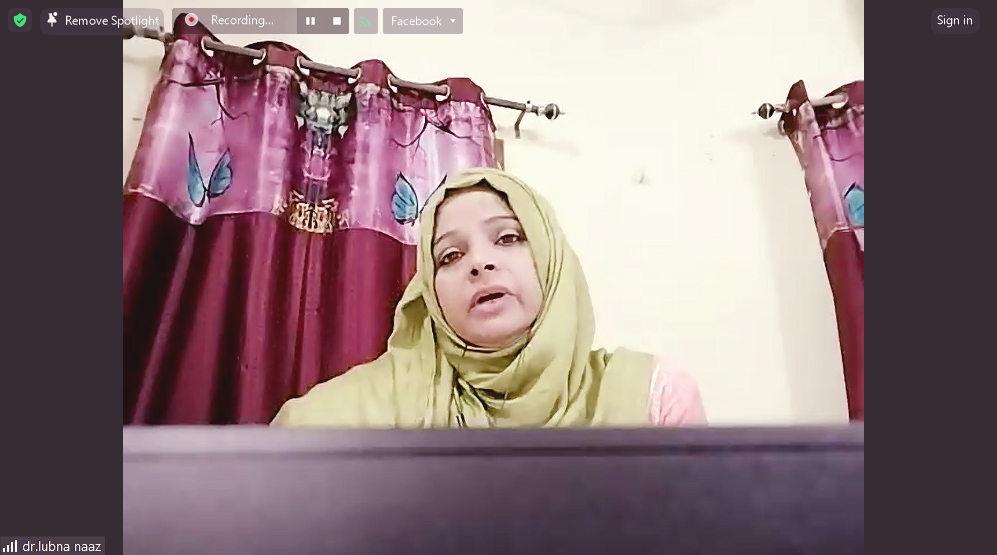
The fifth speaker of the session was Dr. Lubna Naaz from department of Islamic Studies, Women’s College, Aligarh Muslim University, Aligarh. She noted that Islamic economics was an economic thought based on Islamic principles. She said that Islamic paradigms in Islamic economics were more challenging. There were certain issues involved in Islamic economics. These were public and private ownership, role of money in economy and eradication of interest. These were the instruments to achieve the goal of Shariah. She said that Prof. Siddiqi was an influential scholar of Islamic economics. Islamic knowledge was a comprehensive system based on moral and spiritual teachings of Islam, she insisted.
In his concluding remarks, Prof. Abdul Azim Islahi, chairperson of the session held that research in Islamic economics did not go in correct direction. He said that he did his Ph.D. under Prof. Siddiqi and he knew that he had unique ideas. He suggested that a survey should be conducted to know how Prof. Siddiqi’s writings influenced later economists.
Business Session-II
The second business session, devoted to the theme “Islamic banking and finance-1”, was chaired by Dr. Kaleem Alam. Faculty of Economics, King Abdulaziz University, Jeddah, K.S.A.
The first speaker of the session was Prof. Valeed Ahmad Ansari from the department of Business administration, AMU, Aligarh. He spoke on ‘Sailing in the same boat: A Review of Prof. Nejatullah Siddiqi’s perspective on Ethical Investment’.
The second speaker of the session was Prof. Abdul Ghafar Ismail from Universiti Kebangsaan, Malaysia. He focused on ‘Constitutional Rules—What matters related to Islamic Economics’.
The third paper presenter was Dr. Shariq Nisar, Principal of Rizvi Institute of Management Studies and Research, Mumbai who focused on ‘Remembering Prof. M. Nejatullah Siddiqi: His contribution to economics, finance and fiqh. He said that Prof. Siddiqi was influenced from the writings of Maulana Abul Aala Maududi and Maulana Ashraf Ali Thanvi. He spent seven years in Rampur where he studied Arabic. He said that banking should be based on profit and loss sharing by investors. There should be Maqasid-based mechanism of Islamic banking and finance.
The forth speaker was Dr. Aftab Alam, head of the department of economics, Abeda Inamdar Senior College of Arts, Science and Commerce, Pune. He touched upon the topic ‘Prof. M. Nejatullah Siddiqi: Banking without Interest: A book review paper’. He held that Prof. Siddiqi had an inter-disciplinary approach to Islamic economics because it had social, ethical and economic implications.
The fifth speaker was Dr. Aijaz Ahmed, associate professor at the department of Islamic Studies, AMU, Aligarh. He spoke on ‘A Study of Prof. M. Nejatullah Siddiqi’s views on partnership, profit-sharing and insurance.’ He observed that Prof. Siddiqi developed a unique system of economics based on Islamic thought. His views on profit sharing, partnership and insurance opened a new chapter in Islamic economics. He favoured insurance free from impurities. It must be purist and based on Islamic principles. He was aware of the contemporary social challenges.
The sixth speaker was Dr. Mohammad Wasiullah Sheikh, assistant professor, Crescent School of Business, BSA Crescent Institute of Science and Technology, Chennai. His topic was ‘Charting the future of Nejonomics in the light of Prof. Nejatullah Siddiqi’s Literary Legacy’. He called for future direction’s for taking his legacy forward.
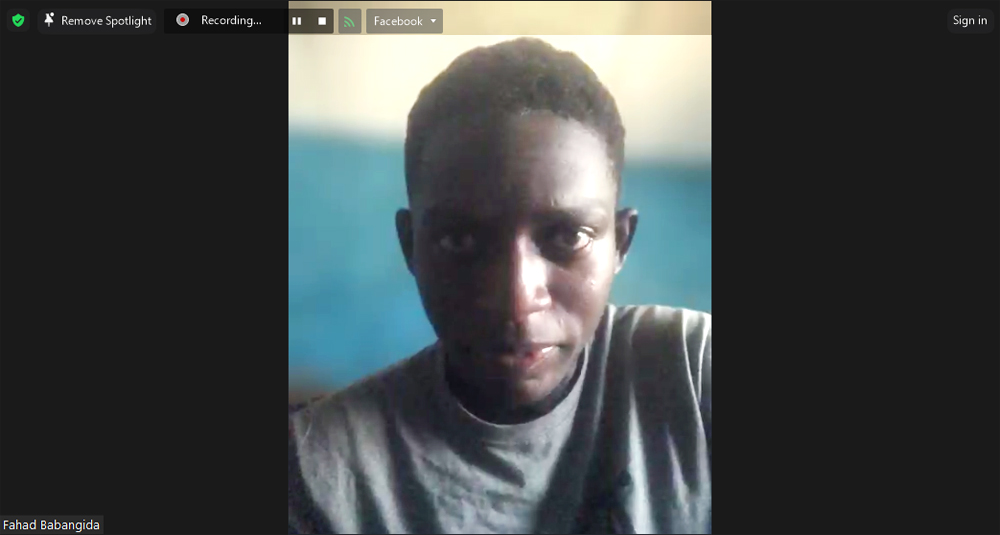
The seventh speaker was Fahad Babaginda from Universitas Islam International, Indonesia. They spoke on ‘Analysing the influence of Banking without interest on profit-sharing investment account design in Nigerian Islamic banking.’ In their presentation, they said Prof. Nejatullah Siddiqi’s ground-breaking book, titled Banking without Interest, played a role in shaping the theoretical landscape of Islamic economics. A critical gap remains in understanding the book’s granular influence on the design of specific Islamic banking products; hence, this systematic research aims to meticulously delve into this lacuna by thoroughly investigating the impact of Banking without Interest on the development of profit-sharing investment accounts offered by Islamic banks in the northern region of Nigeria.
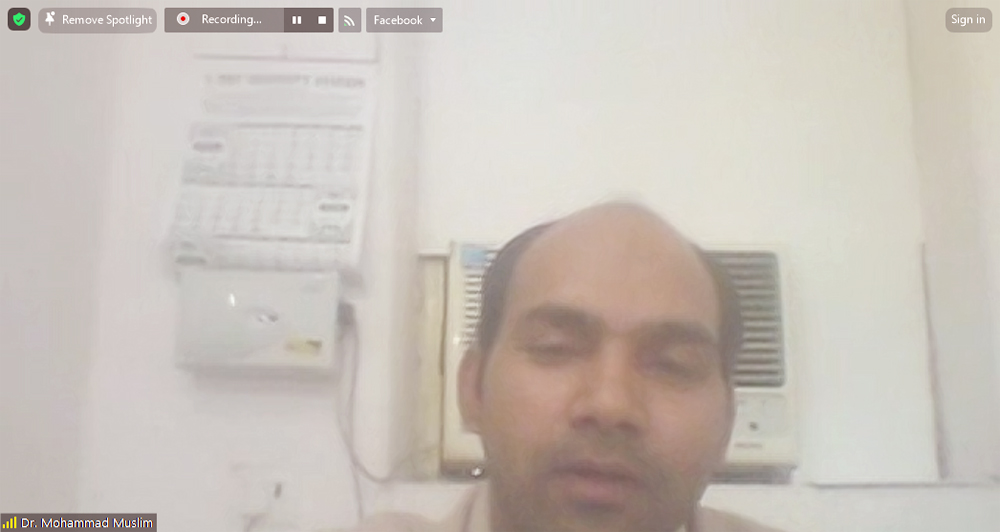
The eighth speaker was Dr. Mohammad Muslim, assistant professor at department of Islamic Studies, AMU, Aligarh. He spoke on ‘Prof. M. Nejatullah Siddiqi’s views on Islamic Banking.’ He said Prof. Siddiqi is considered to be a towering personality in Islamic banking. He proposed a modern system of Islamic banking. There are certain questions like how to run a financial institution with or without the help of the government and what will be source of capital for the bank, he said.
Last paper was presented jointly by Muhammad Abdul Bari & Prof. Asheref Illiyan, professor of economics, Jamia Millia Islamia and research scholar, department of economics, Jamia Millia Islamia respectively. They focused on ‘Navigating Sukuk Critique: Some insights and reflections’. They said that Sukuk, as a financial instrument gained prominence in the global financial market as an alternative to the conventional bonds. In a closer look, the translation of Sukuk into ‘Islamic Bonds’ may not totally cover the substance of the Sukuk. However, a careful examination of Sukuk shows that it includes the elements that resemble both shares and bonds. Sukuk resembles stocks in their representation of partnership with holders regarded as owners of the underlying asset and sharing in associated profits and losses.
Day-2
Business Session-III
Focused on Islamic Banking and Finance-II, the third business session was chaired by Prof. Javed Ahmad Khan, professor at the Centre for West Asian Studies, Jamia Millia Islamia, New Delhi.
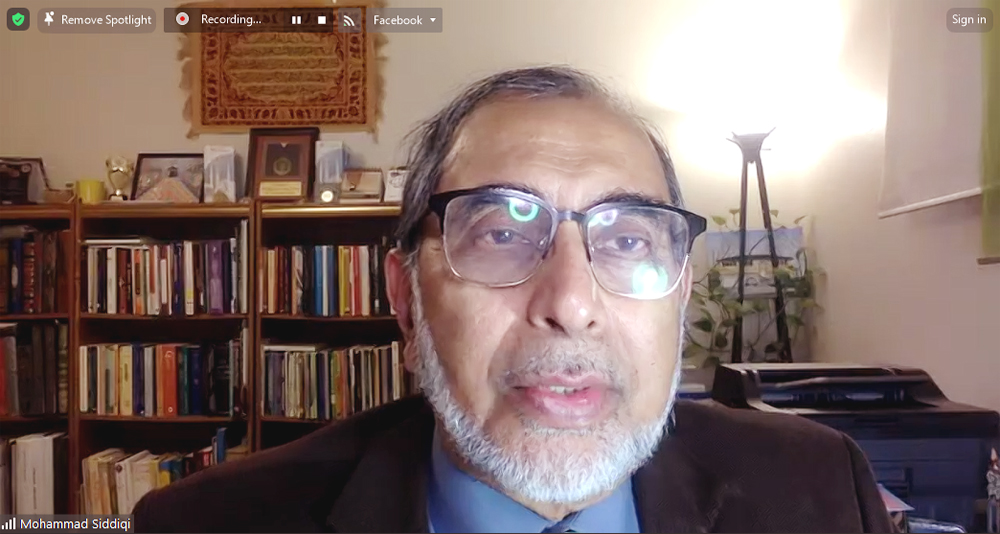
The nephew of Prof. Nejatullah Siddiqi, Dr. M. Ahmadullah Siddiqi, professor emeritus of journalism and public relations at Western Illinois University, USA was the first speaker of the session. He spoke on ‘Prof. M. Nejatullah Siddiqi’s seminal contribution to the understanding of Maqasid-al-Shariah’. He said the Prof. Siddiqi wrote 17 books in English and 14 in Urdu. He called for educating Muslim ummah to understand their problems. He also called for honour and dignity of human kind, and the cooperation at global level. Today, there were 400 Islamic banks and Ijtihad was important to understand Islam. He said that Prof. Siddiqi scouted for co-operation with non-Muslims by engaging and interacting with them. He said, we have our inability to understand Shariah because of failure of Muslim countries to bring justice to Palestinian people. He was a positive thinker who entertained criticism. Dr. M. Ahmadullah Siddiqi was followed by Prof. Dr. Mohd. Mumtaz Ali from department of Usul al-din and Comparative Religion, IIUM, Malaysia. He said that Prof. Nejatullah Siddiqi left behind a legacy of scholarship. He was always taking the world view of Islam. Islamic world view was communicated to the universe by Prophet Mohammad (PBUH). His world view was distinguished from other scholars, he added.
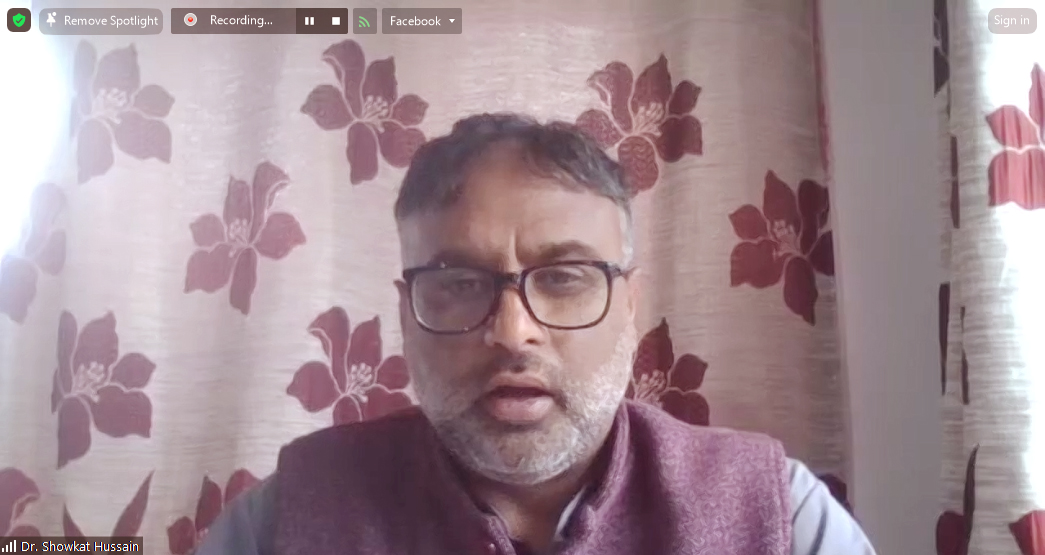
The third speaker of the session was Dr. Showkat Hussain, associate professor, department of Islamic Studies, Islamic University of Science and Technology, Awantipora, Kashmir. He focused on ‘Discourse and inclusion of Maqasid al-Shariah in Islamic Economics: An Analysis of Prof. M. Nejatullah Siddiqi’s views.’ He was followed by Dr. Shahana Khan, visiting faculty, Saint Miras College, Pune. Her topic was ‘Ethical foundations of Islamic Finance: Insights from Prof. M.N. Siddiqi’s perspective.” The fifth speaker was Dr. Shahid Lone, assistant professor, Financial Economics and Econometrix, MIT World Peace University, Pune, who spoke on ‘Revisiting Prof. Nejatullah Siddiqi’s alternative economic paradigm’. Sixth paper presenter was Dr. Nikhat Mushir, assistant professor, School of Management and Commerce, K.R. Mangalam University, Gurgaon. Dr. Nasreena K.K., post-doctoral fellow at Kerala State Higher Education Council, Research Department of Economics, Government Arts and Science College, Calicut, Kerala was the seventh speaker who spoke on ‘Prof. Nejatullah Siddiqi: A Pioneer of Heterodox Economic Thought.’ Ishfaq Amin Parrey, a Kashmir-based independent researcher with Ph.D. in Islamic Studies specializing in Maqasid al-Shariah thought, was the last speaker who presented his paper on ‘A contemporary reading and application of Maqasid al-Shariah: An appraisal of Prof. Nejatullah Siddiqi’s Maqasid Thought.’
Business Session-IV
Chaired by Dr. Shariq Nisar, the fourth business session of the conference was devoted to ‘Islamic Economic Thought and Teachings.’
The first speaker of the session was Prof. Obaidullah Fahad, former chairman from department of Islamic Studies, AMU, Aligarh. His topic was ‘Prof. Nejatullah Siddiqi—An established Islamic thinker.’ He said that Prof. Siddiqi was an Islamic thinker of innovative ideas. He went through his work and found that there was scope for further research. In a later book, he made certain changes and gave new ideas. He elaborated and interpreted near about twenty issues and all of them were important for the Muslims, he added.
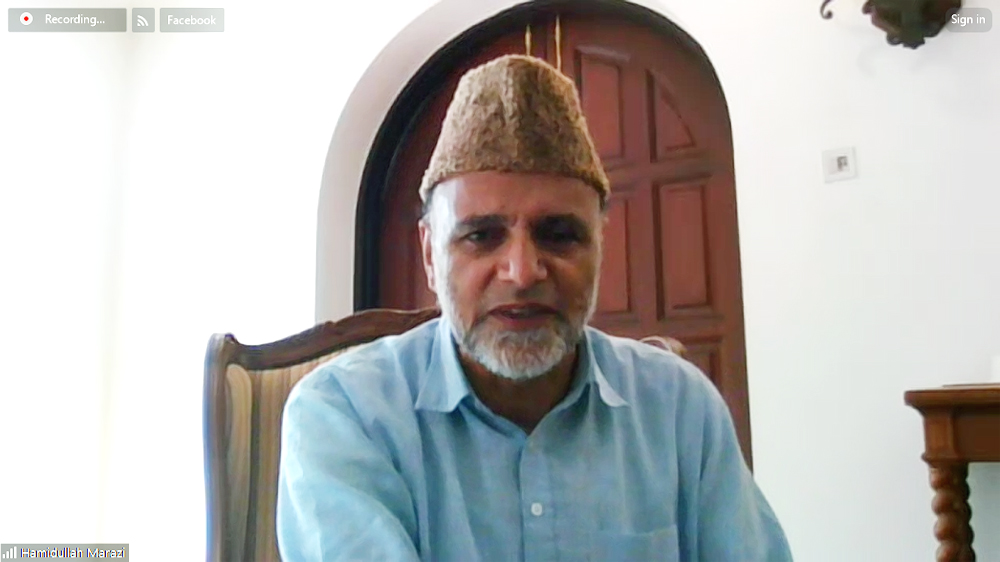
The next speaker was Prof. Hamidullah Marazi, visiting researcher, ISTAC, IIUM, Malaysia. He spoke on ‘Some reflections on the views of Prof. M. Nejatullah Siddiqi with reference to Zakat.’ He said zakat is to eradicate certain evils in society. It also eradicates inequality. Zakat means empowerment of Muslims. Zakat can be used as civilizational innovator. He called for thinking what could be the role of Zakat in the present context. Awqaf and Zakat have not been properly studied. It is a positive obligation. Zakat could be a great catalyst for the welfare of the Muslim community, he emphasised.
Dr. Mohammad Javed Tavakkoli, associate professor of economics at Imam Khomeini Education and Research Institute (IKI), Iran was the third speaker who centered on ‘The identity of Islamic economics from the viewpoint of Prof. Nejatullah Siddiqi.’
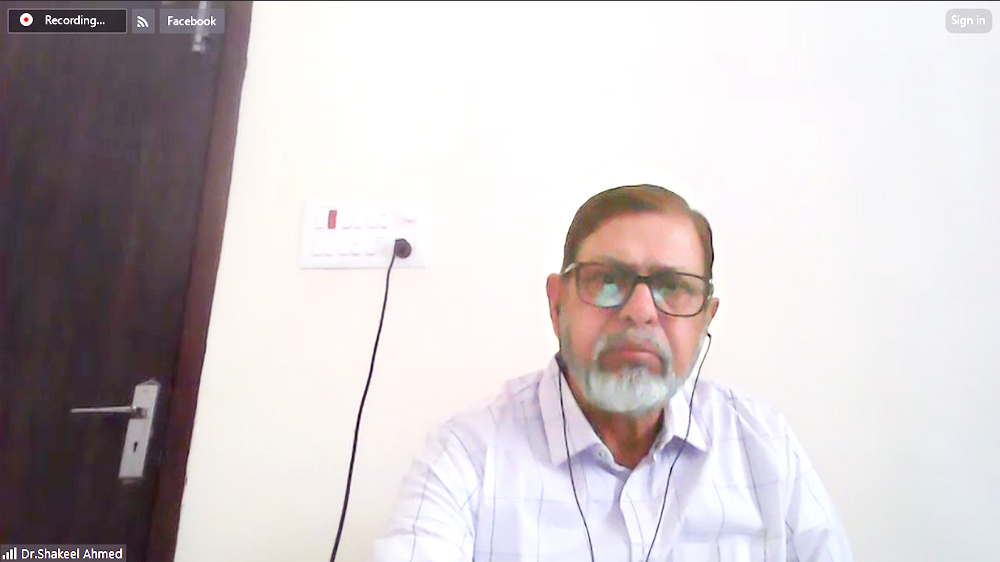
Prof. Shakeel Ahmad, former principal, Poona College, Pune. He referred to his association with Prof. Nejatullah Siddiqi who taught him at the Aligarh Muslim University, Aligarh. He said that the noted scholar of Islamic economics came under the influence of Maulana Abul Kalam Azad. Fifth speaker was Mr. H. Abdur Raqeeb, general secretary, Indian Centre for Islamic Finance, New Delhi. His topic was ‘Contributions of Prof. M. Nejatullah Siddiqi to the field of Islamic Economics in India – A brief recall of my personal experiences with the expert in last three decades.’ He said Dr. Nejatullah Siddiqi is a well-known authority globally in the field of Islamic Economics. His contributions were already recognized by the experts of the field nationally and internationally. Dr. Waquar Anwar, financial consultant, Jamaat-e-Islami Hind, New Delhi was the sixth speaker who focused on the ‘Course correction in Islamic finance carried by Prof. Nejatullah Siddiqi.’ He was followed by Dr. Masihullah Khan, assistant professor, department of Islamic studies, Jamia Millia Islamia, New Delhi. Mr. Athar Shahbaz Wani, senior research fellow, department of Islamic Studies, Islamic University of Science and Technology, Awantipora, Kashmir, was the last speaker of the session. He spoke on ‘Genesis of Islamic economic thought from 1960-1980: An analysis of Prof. M. Nejatullah Siddiqi’s contribution’.
Valedictory Session
Addressing the valedictory session as the guest of honour, Professor Emeritus, Dato Dr. Azmi Omar, president & chief executive officer, International Centre for Education in Islamic Finance University (INCEIF), Kuala Lumpur, Malaysia, said that Prof. Nejatullah Siddiqi derived his ideas from Shariah which were rooted in Fiqh. He endorsed and supported the ideas of Prof. Siddiqi regarding Islamic banking. Islamic economics was aimed at generating positive impact on economy. He elaborated on the objectives of Shariah which included justice, equality and sustainability. The stream of Islamic banking started after 1980. Many universities introduced Islamic economics as a subject. He said that Islamic economics was based on Maqasid-al-Shariah in banking. He stressed the need for developing Islamic model of economics.
Another guest of honour in the valedictory session was Prof. Abdul Azim Islahi, retired professor of Islamic Economics, Jeddah. Recalling his association with Prof. Nejatullah Siddiqi, he said that it was not easy to take up research on Islamic economics. He was appointed lecturer in King Abdulaziz University on Prof. Siddiqi’s recommendation. While in Jamaat, he was very active and dynamic. He stood for social and economic uplift of the community, Prof. Islahi said.
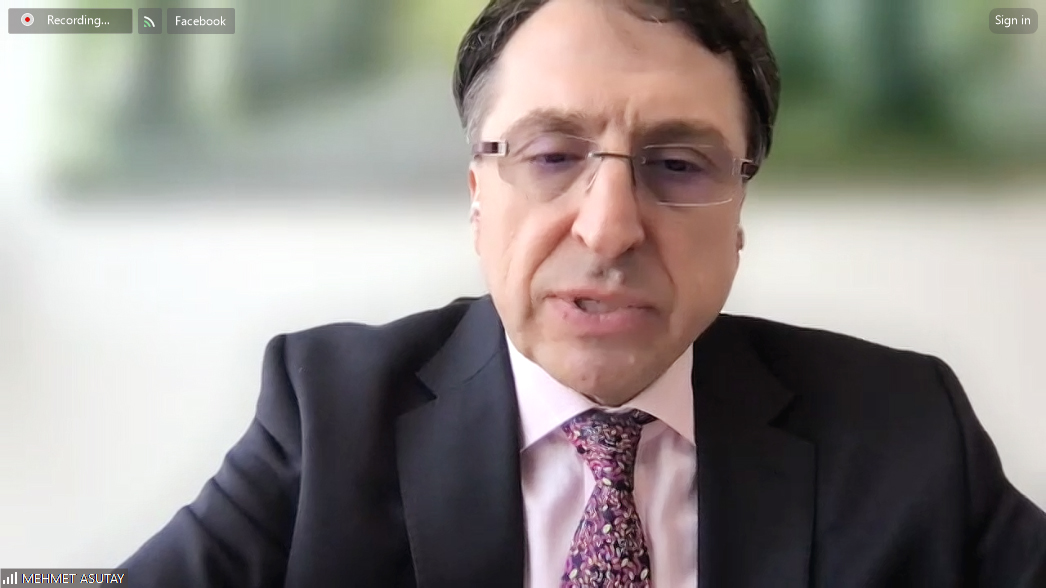
Prof. Mehmet Asutay, professor of Middle Eastern and Islamic Political Economy and Finance, Durham University Business School, Durham, UK, another guest of honour in the session, held that he liked the articles of Prof. Nejatullah Siddiqi published in London. He said that society had to be organised according to Islamic law. He respected his legacy as he was distinct from other scholars. Referring to Prof. Siddiqi’s idea of Islamic social transformation, he said that new generation of economists would study him. He developed a new discourse of Islamic economics. He wanted to gather the last speeches of Prof. Siddiqi and edit them. He would bring together his unpublished material in book form in order to pass a positive message on to the new generation. He suggested that a book project be prepared to collect and publish his works. He sought suggestions for reviving his legacy.
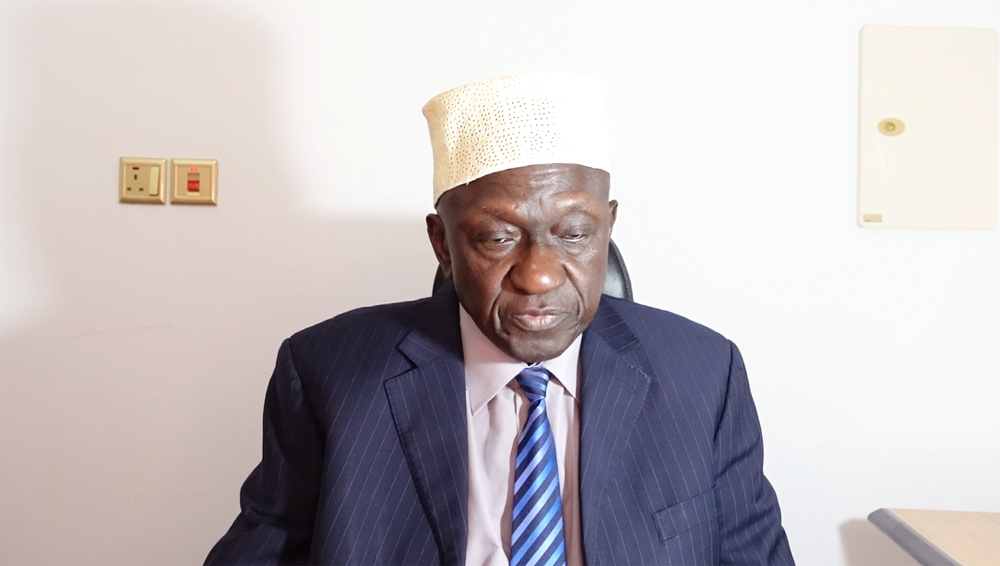
In his valedictory address, Prof. Omar Hasan Kasule, secretary general, IIIT, USA, described Prof. Nejatullah Siddiqi as a great scholar of Islamic economics. He studied Fiqh, Hadith and wrote many books and articles and taught many students. He deserved to be called imam of Islamic economics because of his deep knowledge of fiqh, Hadith and Tafsir disciplines. He taught and trained many students who had gone on the text and developed ideas to teach and spread his ideas. And eventually, they were put into practice by using economic institutions and programmes. Nejatullah school of economics was a distinct school that was still developing and growing. He said that the biddings of Nejatullah school could be traced to his first Urdu book in 1960s that flatted the deceit of investment based on profit and loss sharing as an alternative to Riba based on transactions. The book was printed in 1973 and reprinted in 1980 and 1983. He wrote 17 books, 44 papers and presentations. Most of his work was based on the application of Fiqah-e-Maamlaat to contemporary economic problems. But he also called for more research on the basic themes that he presented in his writings. And he called for a fresh look at the Qur’an and the Sunnah as sources of knowledge, he added.
Presiding over the session, Chairman, IOS, Prof. M. Afzal Wani observed that in his belief the two-day conference attained its objectives as there had been very diverse projections of thought with which Prof. Nejatullah Siddiqi indulged in. He tried to create a dent in bad practices and definitely succeeded in making a mark, and today we remember Prof. Siddiqi with lot of many thoughts and the best is that anybody with confidence can talk of Islamic economics. It is richer today and it is full with supportive arguments. It is with a personal viability to work on the ground. I believe that the Institute of Objective Studies and its tradition of projecting the thoughts providing the humanity the objective studies and the light on the hidden corners of academics is indeed a wonderful work of the Institute in that way. We are beholden to Dr. Mohammad Manzoor Alam, the founder chairman and chief patron of IOS and also as a constant inspiration for all of us to continue our efforts in studies in different aspects of human sciences and providing solutions for different problems.
Referring to the contribution of Prof. M. Nejatullah Siddiqi, Prof. Wani said, “How I would place him in sequence. I believe that we have to look to the developments in the 20th century and then also in the quarter of the 21st century, and then we can think of a future which is definitely so important for humanity. And there we have to see the importance of revealed knowledge and the relevance of the revealed knowledge to the developments and then to any of the spheres of life. How it can provide the best of regulatory mechanism and how it can best provide support to the human mind. And then how we can feel confident that one can live with peace of mind with trust and dignity, and also with confidence. A control on material resources, prevention of their misuse, promoting a healthy consumerism, promoting a healthy trade tradition and then developing the best of the production as economy revolves around production, distribution and consumption of goods and services’.
Prof. Wani continued, “How can we get inspiration and then how Prof. Siddiqi felt it that he did provide and develop a thought and nourish with it most of our universities and scholars. They must see that it is developed first and then it is to support the humanity in the best of its forms”. He believed that the responsibility was on the industrial world as well and the responsibilities on those who were developing technology and then those who relied on technology that how to go ahead with the agenda. He said that then the principles which had been highlighted by Prof. Siddiqi should be followed along with all other thinkers in the same line of understanding the world and justice.
The conference also unanimously adopted a 7-point resolution at the valedictory session. The resolution, read out by Prof. (Ms.) Haseena Hashia, vice-chairperson, IOS, stated:
1. The conference urged upon the need for focus on Islamic economics in light of Maqasid-al-Shariah.
2. The concerned institutions should launch special project studies and scholarships for advancement of research in Islamic Economics and Finance to fulfill the objectives of Shariah attracting scholars from across the globe.
3. Curriculum and teaching in Islamic Economics and Finance must be reoriented to the pressing requirements of taking up studies on the thought projected by Prof. M. Nejatullah Siddiqi and like other contributors to knowledge.
4. Libraries of universities and research institutions should be enriched with data related to studies in Islamic Economics and Finance along with Maqasid-al-Shariah for general promotion of the knowledge on this subject.
5. Agencies working on the promotion of Shariah-Application in the world should devise programmes leading to result-oriented action in enhancing Maqasid-oriented interpretation of Shariah.
6. IOS may collect and publish Prof. Nejatullah Siddiqi’s speeches and unpublished works in different languages.
7. IOS may translate Prof. Nejatullah Siddiqi’s published works in different languages.
The two-day international conference concluded with a vote of thanks proposed by Prof. (Ms.) Haseena Hashia.
Go Back